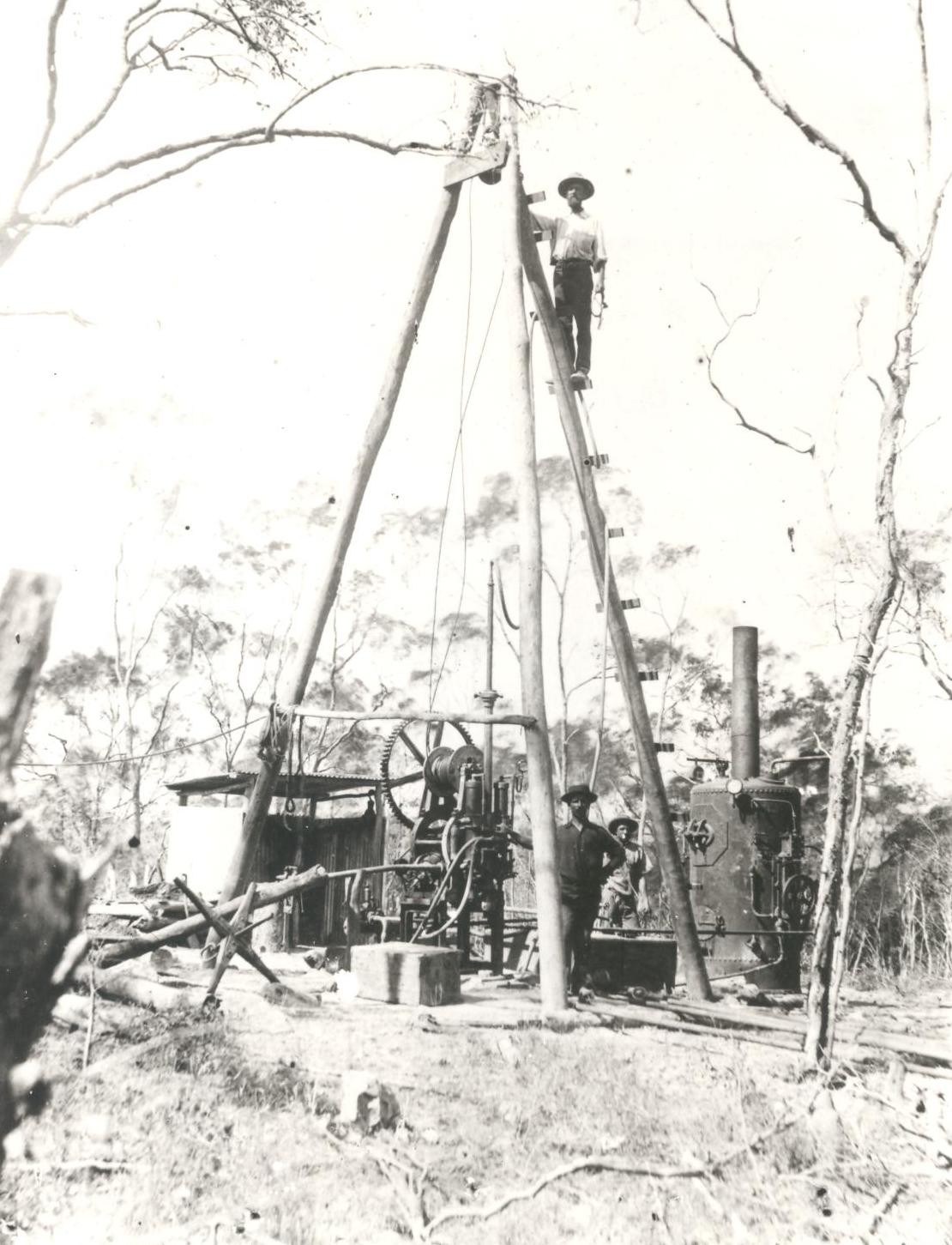Fred Warner, a surveyor on the Hann Expedition to Cape York is largely recognised as the discoverer of gold that led to the Palmer River gold rush. On this expedition, William Hann had offered a half a pound of tobacco to whoever it was first found gold and this was to be Fred Warner, at a spot later to be called Warner’s Gully, on the Palmer River, a tributary of the Mitchell River.
Large numbers of miners soon moved in from the more settled areas, travelling by ship and then overland from places such as Georgetown, or the new settlement at Cooktown. It was initially a very rich alluvial field with around a million ounces of gold being recovered in the first five years of the field’s existence. But such rich yields were not to last and the post alluvial period of deep mining was nowhere near as productive, with large quantities of ore having to be crushed to recover small amounts of gold. As a consequence of the more easily recovered alluvial gold being depleted, many of the miners moved upstream seeking more easily recovered gold. As these miners took up residence elsewhere, settlements such as Edwardstown, later to become Maytown, Byerstown, German Bar and Revolver Point were to spring up, only to later go into decline. Maytown was to become one of the more permanent settlements, becoming the unofficial “capital” of the Palmer River field. A wide range of businesses and services were eventually established, however Maytown would also eventually go into decline, as the gold became more difficult to find.
The early miners, regardless of the fields to which they travelled in pursuit of gold, faced a range of obstacles, including harsh climatic conditions, high costs of living and difficulties in transporting food, equipment and other necessities through the area. Tropical diseases were also a constant threat and many miners died as a result.

This photograph shows some of the mining infrastructure that was put in place in the post alluvial phase of the Palmer River field, giving us an insight into the isolation of the area as well as the harsh conditions faced by these early miners.
Brian Randall - Queensland Places Coordinator, State Library of Queensland.
Comments
Your email address will not be published.
We welcome relevant, respectful comments.